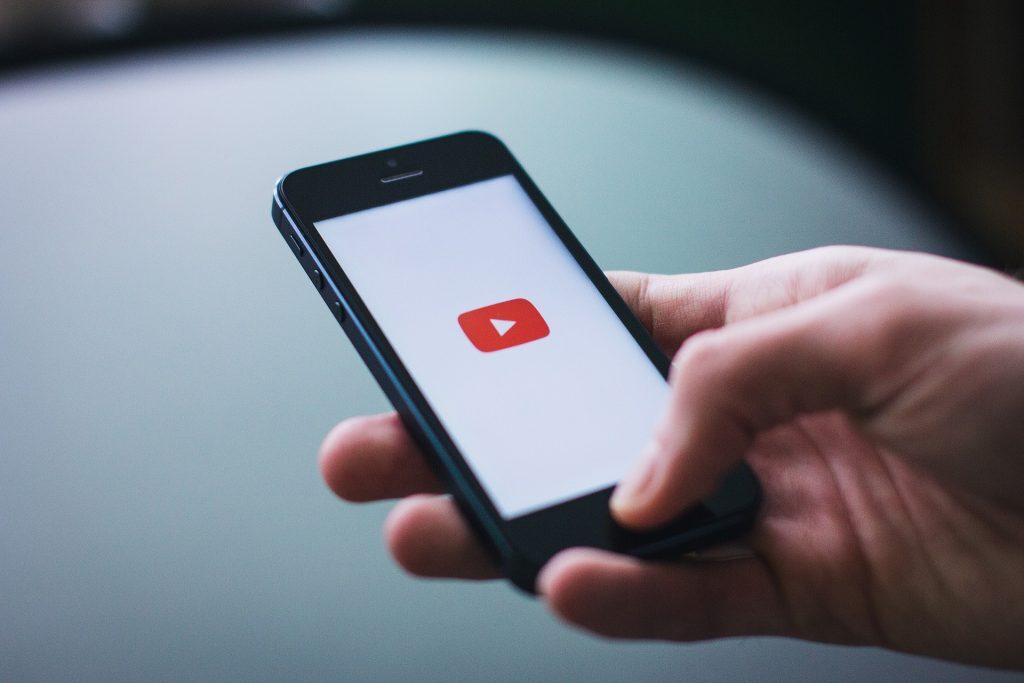The spread of misinformation on popular social media platforms has been an important discussion point for some time now, particularly concerning the ongoing COVID-19 pandemic. Misinformation concerning a deadly disease and the handling of it could potentially be harmful to people’s health. YouTube is taking a hard stance against COVID-19 misinformation and has removed 1 million videos for spreading such information.
Misinformation isn’t welcome here, says YouTube
Neal Mohan, YouTube’s Chief Product Officer, shared the figure in a post on the platform’s official blog that also goes over YouTube’s policies and commitments concerning misinformation.
Tackling misinfo is one of our toughest challenges at YouTube, and demands a holistic approach. Sharing my thoughts on why it’s not just removing more content but bringing viewers higher quality info that gives the best path forward… https://t.co/1v0xnneltK (1/4) pic.twitter.com/Tv1k0YIl5m
— Neal Mohan (@nealmohan) August 25, 2021
“No longer contained to the sealed-off worlds of Holocaust deniers or 9-11 truthers, [misinformation] now stretches into every facet of society, sometimes tearing through communities with blistering speed,” reads Mohan’s announcement. “Seemingly no topic is immune.”
COVID-19 misinformation has been a hot commodity since before the spread of the virus had even reached pandemic levels, and has evolved into vaccine information as rollouts worldwide gain traction. In the absence of soapboxes and market squares, social media platforms have become the place for people to peddle misinformation, sowing fear and disharmony.
No platform has been immune. Facebook has implemented a number of measures to halt the spread of information, and recently banned a number of “vaccine misinformation superspreaders”. In February, TikTok removed almost 350 000 videos for spreading misinformation. Even a social media app designed specifically for doctors wasn’t immune to the spread.
YouTube says it doesn’t plan on slowing down the rate at which it takes down misinforming videos any time soon, but it also wants to combat misinformation in other ways. For example, the video-sharing platform is optimising its search algorithm for quality of information backed by trusted sources over “sensational” content that, while possibly being popular, isn’t trustworthy as a source of important information or data.
While the world still finds itself in a state of supreme uncertainty, YouTube believes the most important thing people can have is reliable information.
“In the midst of a global pandemic, everyone should be armed with absolutely the best information available to keep themselves and their families safe.”




